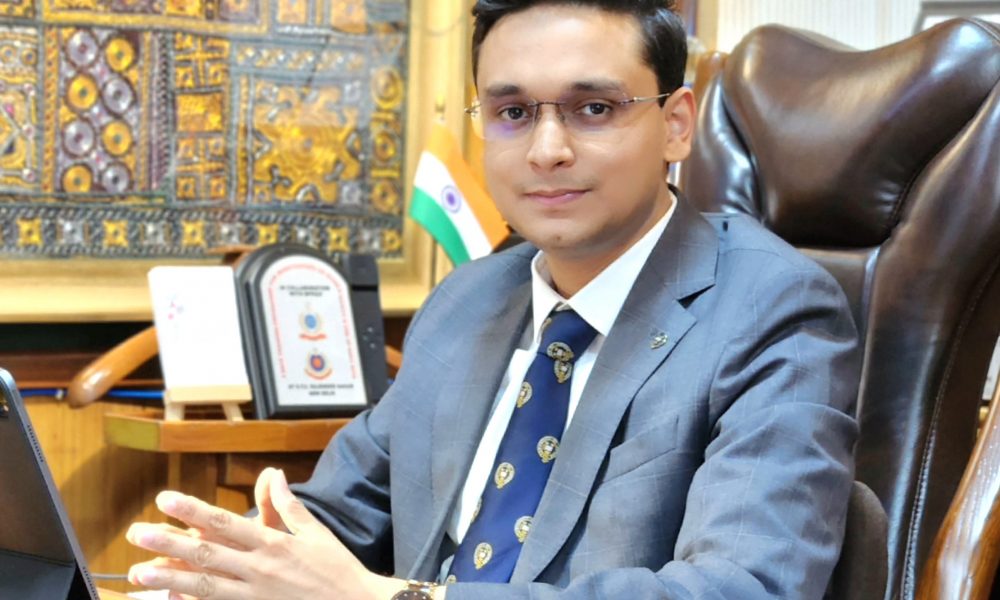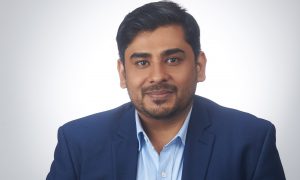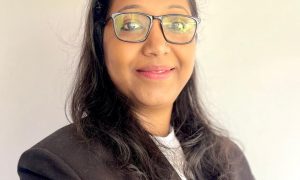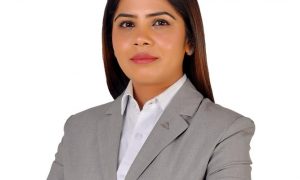This interview has been published by Prabhjot Singh, Priyanka Karwa and The SuperLawyer Team

Is law something you were inclined to pursue, and why did you decided to pursue it?
Initially law was not my first preference – it was medicine. Some proclivity caused by watching television shows such as Boston Legal etc gave birth to my legal career when I enrolled at the Faculty of Law Jamia Millia Islamia in a 5 year LLB Programme. Without slightest hesitation, I can now confirm that I was meant to be a lawyer. In other words, patients got lucky!
During my first few years of legal studies and mock trial competitions, I felt a sense of proclivity and interest in law as I thoroughly enjoyed the subject/discipline. On one occasion, I won an award at a Bar Council of India event and Mr R Venkatramani invited me to his office for a brief conversation. Sir as kind he is, inspired and encouraged me to join litigation. I never looked back.
After my LL.M at McGill University, Canada, I was selected to pursue my second masters at University of Oxford – which further powered my quest to pursue litigation – and this time rights centric. The profession has been equally financially rewarding in terms of both needs and wants. Litigation as I know it provides me with opportunities to learn and grow every day, moment. Every court room provides me with a vicarious experience – unlike anything else.
What is your current role? Could you walk us through how a normal day looks like in your life?
I am blessed and equally thrilled to have multiple roles. From representing Govt as a Standing Counsel/Special Counsel to Law Enforcement agencies, I have a private practice where I am represent clients before various court of records across India and primarily at Delhi.
A normal day for me usually entails visiting at least 2-3 forums, which would ordinarily start (depending on cause list) with High Court then Trial Courts/NCLT etc. or Supreme Court. It is a challenge managing dates as we endeavour to get an effective hearing as much as practicable and possible. Most of cause list management is intuitive and cannot be managed without an efficient (which I am lucky to have).
This follows with conferences with clients, seniors, law office management and that too with utmost punctuality when possible! At last, we finish our work, leave some for the day to come. Research and case laws – preparation for the matters listed on the following day/week is most important of all and given priority on daily basis.
What worked well for you doing a MSC in criminology and how in the beginning it created an interest for you?
For me MSC Criminology and Criminal justice meant a second masters. Then, I had just finished my LLM in Comparative law from McGill University, Canada. It is undeniable that my proclivity in criminal law was polished at Oxford – inasmuch it enabled me to really think critically of the underlying issues concerning administration of criminal justice in India. It helped me get a holistic understanding of both the victim and the accused.
The society as a tertiary victim. The fact that my entire cohort was representative of people from across the world helped me gain insight into other territorial jurisdictions. Some were judges, lawyers, social activists etc. while others were academics. Therefore, it gave me an opportunity to reflect on the entire process and which comes in very handy on day to day basis.
As a faculty for Delhi Police and other authorities, where do you see the gap to be filled while maintaining a sort of balance between Police and Courts?
As a Faculty at Delhi Police and other institutions, the most obvious gap is – translating theory to practice in terms of procedural fairness to due process before Courts. The situation exacerbates owing to excessive pendency and work load on Investigating Officers – who have multifarious roles such as attending courts, investigation, attending emergency calls etc. Despite this, the institutional legitimacy of law enforcement agencies are often put in doubt perhaps because of one or two remote incidents. The narrative (negative ones) often spread like a wild fire thereby putting the entire executive in the dock.
This needs to be reflected upon and worked upon as an entire society at large. The law enforcement agencies deserve due credit for managing as diverse of a society as ours, day in and day out and most importantly constructive criticism – aimed towards helping them improve. Apart from this, there needs to be a better coordination inter se judiciary and executive.
I personally feel, the investigating officers should be allowed to join virtually where possible so as to enable them to work on their files/ investigation while waiting for their turn at various Courts and should only show up in person in cases especially called upon by the Courts. We would also benefit from joint training programmes and programmes designed to overcome hierarchical gaps between the law enforcement agencies and that of the trial judiciary – who manages the major bit of fair trail rights of the accused and that of the victims.
How far do you consider the role of publications in a legal professional’s life?
The role of publications and academic discourse as a legal professional is one of the most important duties bestowed upon us. This is indispensable for two reasons,
(1) Our duty to disseminate what we learn on day to day basis
(2) Enable young counsels / new ones to learn from our vicarious experiences as much as possible. Publications or academic discourse is one of the most important platform for a legal debate and to discuss socio-legal issues. Through publications, we are provided with a platform that enables us in identifying situations of conflict of laws, pre-empt situations surrounding conflict of laws and allow suggestions for improvement.
Personally speaking, I have regularly published both scholarly work and have a book coming up on criminology. I personally feel that an academic heart is sine qua non for any legal practitioner be it this side or the other side of the bench.
Being able to accomplish so much in such a short period of time, what challenges did you face?
Well I don’t know if I have accomplished anything as of now. Accomplishment is a myth in our legal profession. The idea is to continue to thrive to learn in this knowledge based economy as I label it. The beauty of our profession is networking and making new friends so often than not. I am often astonished by unique approaches of our interns and young associates. The legal fraternity is changing for good.
What message/advice would you like to give to the upcoming generation of law and young people in general?
The message I would give to the upcoming generation is simple yet straight forward –
Focus on mental health. Stay away from unhealthy social media. Study in a multidisciplinary manner. Stay updated with global affairs and spend time with your loved ones in a quality way. Learn to separate personal and professional time –
This will enable you to procrastinate less. Best wishes to them all!
Get in touch with Sanjay Vashishtha-
























